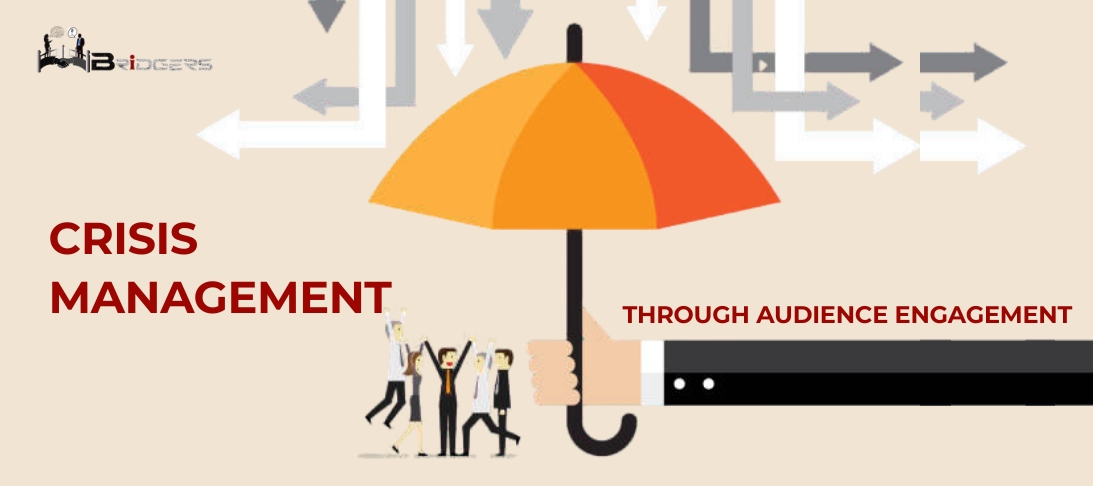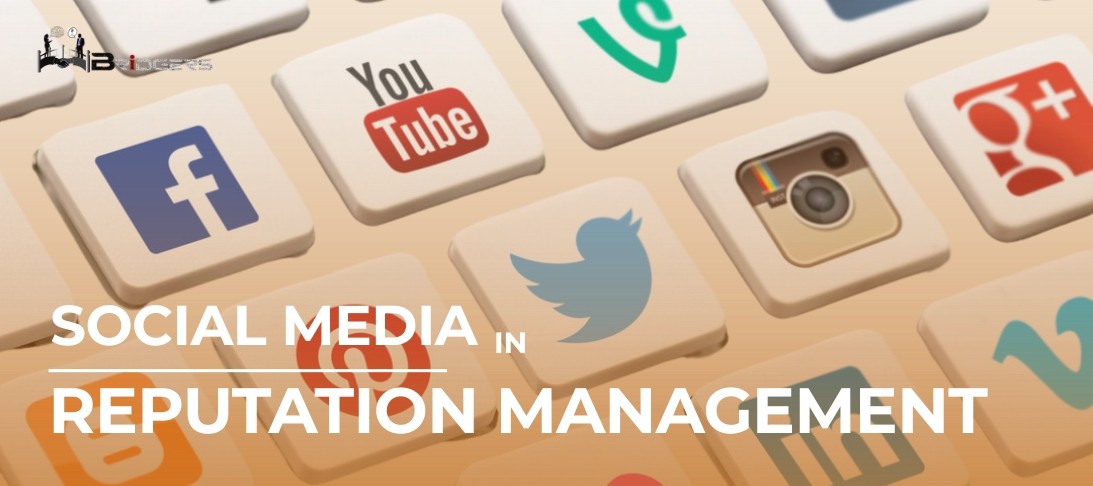
The Role of Social Media in Reputation Management For Startups and Emerging Brands
How do you ensure your startup’s reputation is maintained, especially at a time when social media is used to make and break emerging brands at a whisker? If you are reading this, you must have experienced how your social media campaigns do well one day, and are just forgotten the next day when users are interested in something entirely else. You’re not alone; the reduced attention span among the target audience is becoming a challenge for many marketers, as reputation management is becoming difficult still. So, what is the secret sauce for online reputation management, and how do you strategically use social media to get long-term results?
The questions are in front of us, and much of it depends on creating brand trust with effective audience engagement, supplemented by the constructive power of social media. Whether you are a seasoned marketer or just starting your career, chances are you have already understood the different funnels of marketing in the modern age, especially the importance of digital marketing and social media, tools that not only supplement reputation management but also strategically ensure audience management. The how here comes in later, since marketers must understand the why of it first — unlearning before learning the proper ways of doing it.
Importance of Online Reputation Management
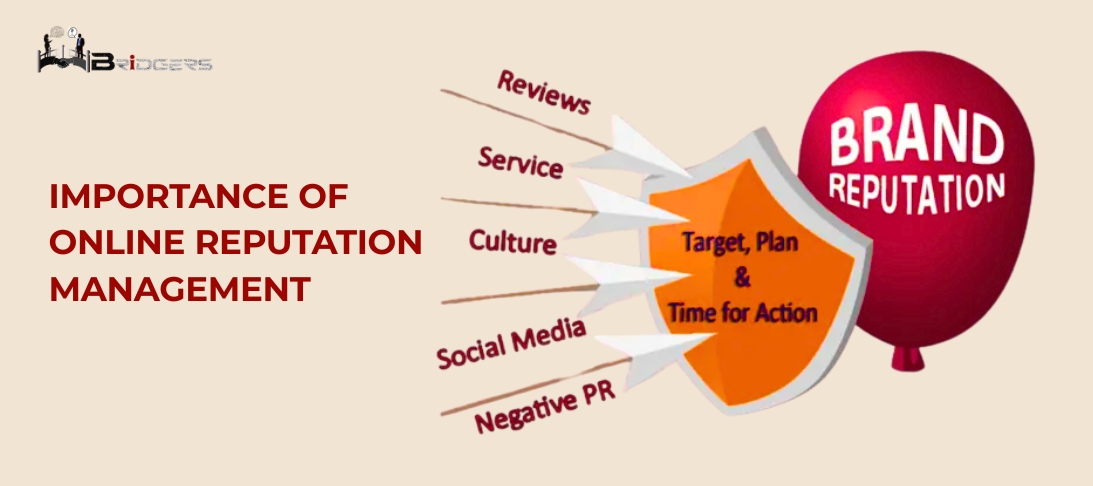
Before starting, assume you are in charge of online reputation management for a young startup. You understand that social media is followed intimately by your target audience, and hence, you have been targeting the usual platforms — Meta, Google, LinkedIn, Twitter, and others- for audience engagement. You seem to be garnering some initial traction on the results, but that is it — the initial traction does not increase to make your brand stand out. In the meantime, some users have become unhappy with your product or services, leading to unfavourable reviews directly or indirectly. What do you do? You turn to social media, once again.
Online reputation management is a gradual process, and its importance is best understood during pressing times. As a responsible marketer, it is advisable to create a multi-pronged protocol that not only communicates with the stakeholders but also gets to the bottom of the problem and addresses it comprehensively. For instance, if a user is unhappy with the product or services and is voicing their opinion on social media, the protocol should initiate direct communication, but should not end there. Instead, the focus should be on understanding and addressing the concern, and as a result, establishing a meaningful interaction with the user that leads to a solution, and at the end of the funnel, brand trust.
This holistic process embodies every aspect of online reputation management. Additionally, it will also help you to position your startup as an emerging brand that not only listens to its user community but also acts accordingly. A big plus in front of the target audience, wouldn’t you say?
Integrating Social Media
While you now grasp the importance of online reputation management, how do you integrate social media to replicate the strategic precision? Well, it’s rather easy.
Social media is all about interactions and conversations. As a marketer who is responsible for online reputation management and garnering brand trust via social media, striking conversations should be your priority. Think deeply. What makes your target audience tick? Is it a static post or a quirky video that embodies the challenge they are facing? From a single word to an image that narrates the sentiment of your target audience, it could be practically anything and everything. So, how do you differentiate between what to do and what not to?
To integrate social media, you must first begin by understanding the audience's behaviour. Who they are, what they are interested in, how they converse and what they like, and everything in between. For instance, let’s suppose you are representing an emerging Indian startup in the FMCG domain, which is into skincare. As a prospective customer yourself, does a static post depicting the limitless ingredients or your favourite celebrity arouse you to buy that product? Probably not. What instead makes you buy that product? Its efficacy - how does it address the challenge at hand? Your social media must embody this simple fact, irrespective of all the quirkiness or showboating of your creativity.
Based on this, you need to create a social listening funnel, your social media calendar, a feedback loop, your company narrative, and most importantly, tracking of social media mentions and customer satisfaction posts. Do this for a month. Let us know what you garnered.
Social media is all about interactions and conversations. As a marketer who is responsible for online reputation management and garnering brand trust via social media, striking conversations should be your priority. Think deeply. What makes your target audience tick? Is it a static post or a quirky video that embodies the challenge they are facing? From a single word to an image that narrates the sentiment of your target audience, it could be practically anything and everything. So, how do you differentiate between what to do and what not to?
To integrate social media, you must first begin by understanding the audience's behaviour. Who they are, what they are interested in, how they converse and what they like, and everything in between. For instance, let’s suppose you are representing an emerging Indian startup in the FMCG domain, which is into skincare. As a prospective customer yourself, does a static post depicting the limitless ingredients or your favourite celebrity arouse you to buy that product? Probably not. What instead makes you buy that product? Its efficacy - how does it address the challenge at hand? Your social media must embody this simple fact, irrespective of all the quirkiness or showboating of your creativity.
Based on this, you need to create a social listening funnel, your social media calendar, a feedback loop, your company narrative, and most importantly, tracking of social media mentions and customer satisfaction posts. Do this for a month. Let us know what you garnered.
Crisis Management through Audience Engagement
Why do you manage your reputation? The short answer is from different crises. Social media has become the domain where users and brands operate together, and simultaneously, it also houses the different crises a brand has to face. While there is no single factor involved in making a crisis, one thing is for certain: to overcome one, you need to address the stakeholders’ concerns at the other end. This will help you to address mistrust, frustration and expulsion while strengthening the brand voice.
To undertake proper crisis management, one must look into bolstering audience engagement and creating a proper protocol for it. This includes how you would respond to negative feedback, or how to interact and communicate that reduces the damage. A social listening tool helps to track a potentially brewing crisis, and can be modified as per the requirements at any given stage. In this case, social media will become your most potent tool, helping to garner a positive image of the brand in front of all stakeholders and offering better results in the future.
Related Articles

5 ways how you can leverage SEO & PR together to enhance traffic
21 June 2025 / Admin
Top 10 Digital Marketing Trends for 2025
10 May 2025 / Admin
Digital PR in 2025: What is it, why is it essential, key tactics and how it helps your goals
28 April 2025 / Admin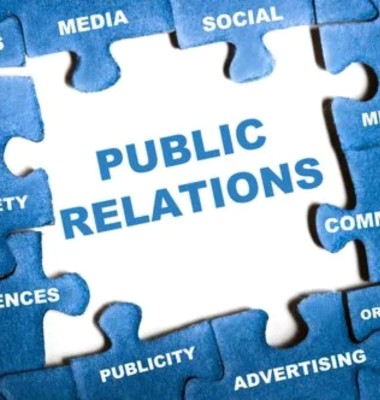
Podcasts, Influencers & More: How PR Agencies in Delhi will be Transforming Public Relations in 2025
18 January 2025 / Admin
PR Agencies in Delhi: Prioritizing Innovations, Transforming Industry
26 December 2024 / Admin
PR Essentials: The Role of Understanding Journalists for Effective Media Pitching
04 November 2024 / Admin
PR vs. Marketing: What’s the Difference and How They Work Together
22 October 2024 / Admin
From Communication to Collaboration: Ensuring Success for PR Agencies and Corporate Communication teams
07 October 2024 / AdminMost Popular Blogs
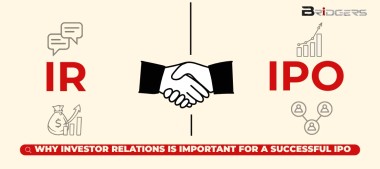

PR for Small Businesses: Tips and Strategies
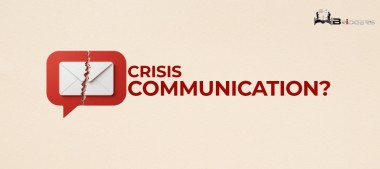
What is crisis communication and why is it important?

Top 10 Digital Marketing Trends for 2025



